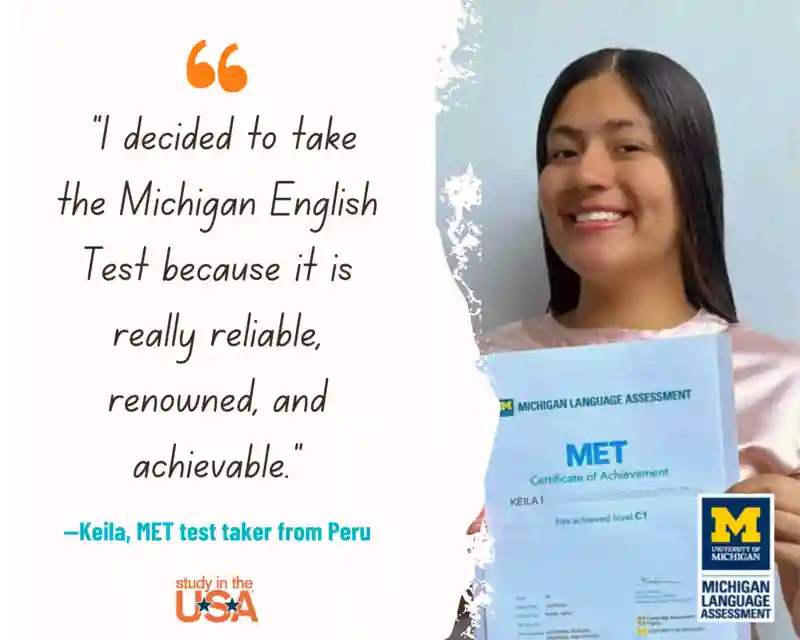Post-Graduation Crisis in the U.S.

I went home recently, after graduation, to renew my F1 visa. Talking to some high school friends I hadn’t seen in months or even years since we were all studying in different parts of the world, I realized that we all shared a pattern. We’d all changed while abroad. We’d all realized the world is simultaneously big and small, and friendships across the world are real and precious. We’d grown up, but we also all had the same question...
What do we do now?
Honestly, I’m a little jealous of people who know exactly what they want to do after college. I even have a friend who’s doing her Ph.D. now; imagine being that sure of what you want to do with your life at 22. Meanwhile, I feel as if I had a clearer picture of what I wanted to do with my life four years ago before I started college.
Maybe it’s that I’m burnt out from actually studying the thing I’ve always wanted to study, maybe I’ve changed. Or, maybe it’s just that I know more now, so the plans I had four years ago were not that realistic.
I know, it’s starting to sound a bit negative. Where am I going with this, you wonder?
Anywhere.
And that’s the whole deal— there are so many people that relate to this feeling of post-graduation crisis that you could go anywhere and find someone who understands. So, how have I dealt with these feelings? How have some of my friends, and how can you?
First, realize that this is normal
It sounds cheesy, but it’s true. If I had a dollar for every time that I told one of my friends that I don’t know what I’m doing with my life and they agree, I could buy my own private plane and visa applications for every country to travel the world endlessly.
The only issue here is that I get this feeling too like, “I know you agree, but not to this extent. You don’t have the same issues as me. You’re not in the same field. You don’t have the same restrictions.” Truth is everyone’s situation is different, but, who are we to compare and decide who has it worse? Where is the need to do that when you can just talk about each other’s issues over food and drinks now that neither of you has to go to class?
Start exploring again, just like freshman year
Very few international students start working immediately after graduation. Unless you already had a job lined up, chances are there are a few weeks in between graduation and getting your OPT card.
Make. Plans.
I cannot stress this enough. The worst thing you can do after graduation for longer than about a week or two, is do nothing. Sure, doing nothing is exactly what you need for a little, but if you pass those two weeks, “nothing” turns into guilt. I’ve tried it, it was terrible. This is because doing absolutely nothing led to more time for me to question everything and wonder why I was wasting time when other people were moving on with their lives.
Start exploring again, look at life through new eyes. Go to the park you didn’t go to last quarter because it was too far and you were too busy with school. Go to the movies, look up events, jump in a lake. Most likely, if you graduated in the summer, you will find tons of events so write them on your calendar and start finding friends to go with you.
Instead of doing nothing in your room, do the fun type of “nothing” in new places. It will feel like a breath of fresh air.
Re-discover your hobbies and passions
There are multiple ways to accomplish this, but I can’t give you a set of instructions because for this point I am currently on my own journey of self-discovery.
My hobby is reading. My problem is that I used to read at least a book a week when I was in high school. In university, as an English major I barely had time to read the books that I had to read as assignments. This summer, I’m starting to get back into the habit of reading. I’m starting to keep up with writers again, and following social media accounts that offer new recommendations.
I bought a camera and I’m planning to actively update the blog I abandoned years ago. I’m even looking up places to learn a new language in my free time. My roommate is taking online fashion classes for her future business— there are countless ways to productively explore your passions and hobbies, or find new ones that have nothing to do with your field of study. This is the time.
Travel
This is also the time to travel. In those few weeks before you get your OPT card, or if your job allows you a little more freedom, just try and travel. Like I mentioned in my post about Getaways, sometimes you need to get away for a little to feel refreshed. It doesn’t have to be long, and if your visa situation is complicated like mine since I had to go back home to renew my F1, it doesn’t have to be international. But, if you can afford it, go to a place you’ve always wanted to. You don’t have to feel guilty; take it as a present to yourself for four years of hard work. No one is stopping you and you don’t have “real” responsibilities in that period in between.
In fact, you can even travel through an educational program, or with a group. Before my visa complicated things, I was applying for a summer program in Korea that was a language and cultural exchange, because I want to know a different culture. Or, some went to Europe with their families, so traveling became an opportunity to get closer to parents and siblings and feel that sense of adventure while reminiscing. In any case, these trips will be experiences that will help you grow. They may influence your work, or the way you go about your personal issues, so regardless, they will be productive.
We all have different ways of being productive, and I strongly believe that all of these are options. Some people may judge, but post-graduation crisis means you need to take a little more time to listen to yourself. You need to get to know yourself again and treat yourself like a friend without the pressure of school and work.
Wendy Tafur N.
Get matched to the best program for you
Let us know what you're looking for so we can find the best school for you.
Useful Articles
Check Out These Schools




George Mason University
Typical cost per Semester: $35,000—$40,000

Foothill College / De Anza College
Typical cost per Year: $5,000—$10,000

Golden West College
Typical cost per Year: $5,000—$10,000
Start your U.S. adventure with Study in the USA

Learn About U.S. education financing, housing, and more
Resources
Learn about American culture and education direct from our experts at Study in the USA. Read more












